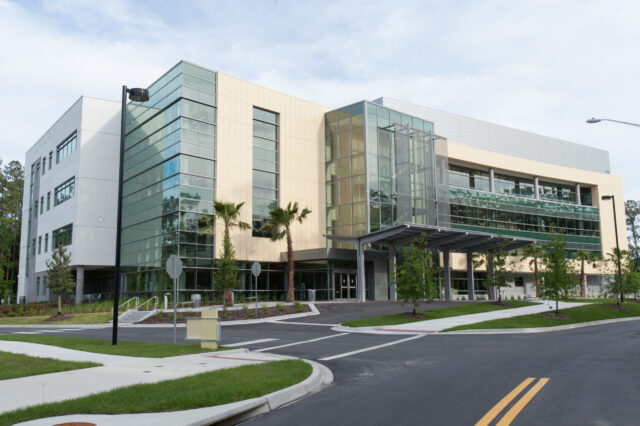Depression
Depression may be described as feeling sad, blue, unhappy, miserable or down in the dumps. Most of us feel this way at one time or another for short periods. However, clinical depression is a mood disorder in which feelings of sadness, loss, anger or frustration interfere with everyday life for a longer period of time. Major depression is typically more severe and can cause patients to be a danger to themselves or others.
Major depression
True clinical depression is a mood disorder in which feelings of sadness, loss, anger or frustration interfere with everyday life for weeks or longer.
Adolescent depression
Adolescent depression is a disorder that affects teenagers. It leads to sadness, discouragement and a loss of self-worth and interest in their usual activities.
Elderly depression
Depression in the elderly is a widespread problem but is often not recognized or treated. In the elderly, a number of life changes can increase the risk for depression or make existing depression worse.
Treatment resistant depression
What is treatment-resistant depression?
Treatment-resistant depression (TRD), also known as refractory depression, is defined as depression that has not responded to adequate trials of at least two antidepressants in adequate dosages.
Over one third of patients with depression tend to be treatment refractory with about 5% of these patients having severe depression. TRD adds a significant burden to patients, families, health care costs and increases risk for suicide.
Who can be seen in the TRD clinic?
- Anybody who has depression that has not responded well to antidepressant medication treatments, single agents or a combination of antidepressants.
- Anybody who has not responded to electro-convulsive therapy.
- Any body who has not responded to other brain stimulation techniques like transcranial magnetic stimulation, deep brain stimulation and vagaus nerve stimulation.
Depression treatment
If depression begins to control a person’s life or if someone is not benefitting from antidepressant medication, Transcranial Magnetic Stimulation (TMS) should be considered as a proven, FDA-approved, non-drug depression treatment.
TMS targets a key area of the brain that controls mood. This area, the prefrontal cortex, is known to be underactive in depression. Using focused magnetic pulses to stimulate that area, TMS restores normal function and reduces the symptoms of depression.
- TMS treatments have been proven safe and effective in the treatment of depression.
- TMS treatments are free of side effects typically experienced with antidepressant medications. The most common side effect associated with treatment is generally mild to moderate discomfort at or near the treatment site.
- Each TMS treatment takes less than an hour and is conducted in a doctor’s office five days a week for approximately four to six weeks.
- Patients are awake and alert during treatment and are able to resume normal activities at the end of each treatment session.
- TMS is a safe treatment utilizing a technology similar to Magnetic Resonance Imaging (MRI) which has a long-term record of safety.
If you would like more information about depression treatment, please call us today. We are available to help!
To schedule an evaluation, please call (352) 265-4867.
Anxiety
Severe anxiety can become a debilitating disorder for some people. The main symptom is the almost constant presence of worry or tension, even when there is little or no cause. Worries seem to float from one problem to another, such as family or relationship problems, work issues, money, health and other problems. Along with the worries and anxieties, a number of physical symptoms may also be present, including muscle tension (shakiness, headaches) and stomach problems such as nausea or diarrhea.
Bipolar disorder
Bipolar disorder is a condition in which people go back and forth between periods of a very good or irritable mood and depression. The "mood swings" between mania and depression can be very quick. Bipolar disorder has also been described as manic-depressive disorder. Often, first symptoms are detected in the adolescent stages of life.
Geriatric psychiatry
We have board-certified geriatric psychiatrists who focus on the comprehensive diagnosis, treatment and follow-up care for individuals ages 50 and older who are experiencing emotional, cognitive or behavioral symptoms.
Symptoms may include memory loss, mood disturbances, anxiety, difficulty coping with losses and transitions, and behavioral conditions that interfere with care at home or in a long-term setting.
We are also here to help patients and their families cope with the normal changes and losses that occur with aging, chronic illness and end-of-life issues. Treatments may include medication, individual therapy and family therapy.
The goal of treatment is to relieve symptoms and maximize a person’s quality of life.
